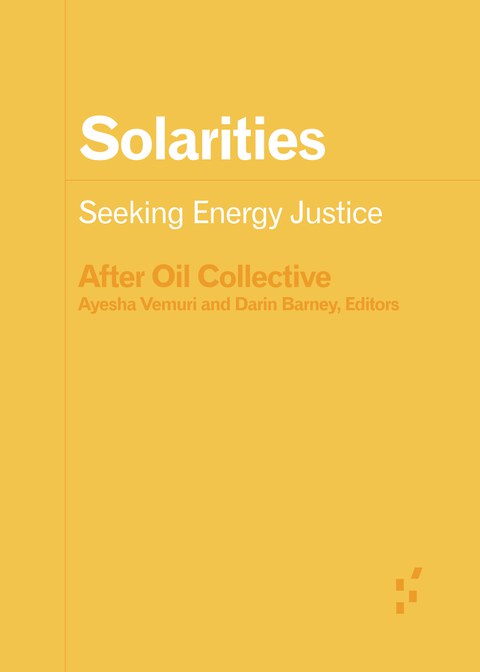23.05.2023 |Disrupting Infrastructural Inertia: On Settler and Indigenous Infrastructuralisms|Guest Lecture: Jordan B. Kinder| 18:30-20:00 at the Kustodie
Infrastructuralisms describe modes of attunement to how the built environment mediates social and cultural relations. Historically and in the present in what is now called Canada, dominant infrastructuralisms are settler-colonial and extractive capitalist in orientation as they help to render relations into resources. Harold Innis’s formulation of Canada’s political economy a “staples economy” underwritten by the export of raw materials points to this constitutive condition. Furs, cod, minerals, grain, and hydrocarbons form a constellation of staples extracted from the hinterlands for the benefit of the metropoles. In friction with these decidedly settler infrastructuralisms, however, are Indigenous infrastructuralisms premised upon reciprocal relations with lands, waters, and nonhuman beings.
Taking his recent work on Indigenous solarities as a point of departure, Jordan B. Kinder looks back on a watershed moment in Canadian infrastructural history where settler and Indigenous infrastructuralisms publicly collided—the unbuilt Mackenzie Valley Pipeline. Proposed in the 1970s, this pipeline would establish two energy corridors in the North as the longest pipeline in history to-date. After a federal inquiry recommended that the pipeline be delayed for ten years to resolve Indigenous land claims and reroute its path to avoid a caribou migration path in the Northern Yukon, the pipeline was never realized, and it remains so today. Focusing on the relatively unknown contribution of the Montreal-based architecture, planning, and design firm Van Ginkel Associates who were under contract to do socio-economic and socio-ecological impact assessments, aerial mapping, settlement design, and more, Kinder explores how such infrastructural worldbuilding necessitated the demolishing of Indigenous economies and infrastructures while he speculatively meditates on what lessons this moment might offer in disrupting infrastructural inertia in the present.
About the speaker:
Jordan B. Kinder is a scholar of media studies and environmental humanities from a resource town of what is now called northern British Columbia, Canada. He is a citizen of the Métis Nation of Alberta, and is currently a Postdoctoral Fellow in Environmental Humanities with the Mahindra Humanities Center at Harvard University. In Fall 2023, he will begin a position as assistant professor in the Departments of Communications Studies and Cultural Studies at Wilfrid Laurier University. As a member of the After Oil Collective, he recently published Solarities: Seeking Energy Justice (University of Minnesota Press), edited by Ayesha Vemuri and Darin Barney, the book is freely available here.
Further Information:
- This lecture is organized by Moritz Ingwersen and Orit Halpern in cooperation with the North American Studies Colloquium and the Chair for Digital Cultures.
- The event will be held in english
- More details regarding the venue can be found here:
https://tu-dresden.de/kustodie/die-einrichtung
https://navigator.tu-dresden.de/raum/336300.0060

